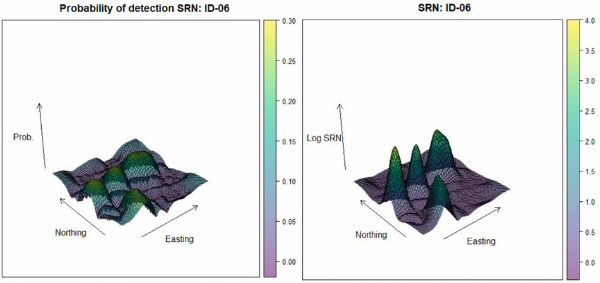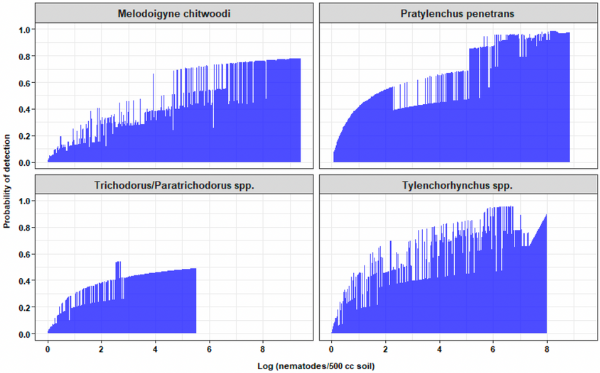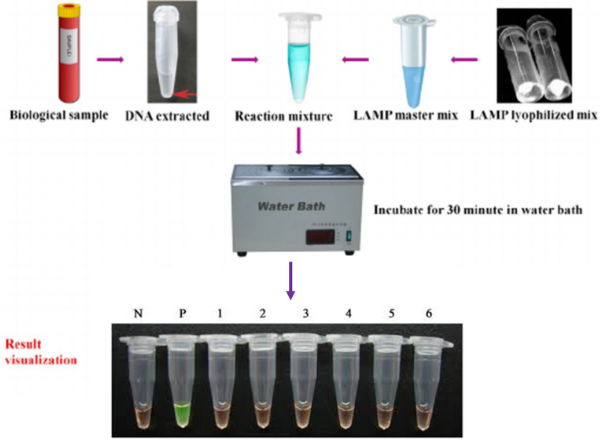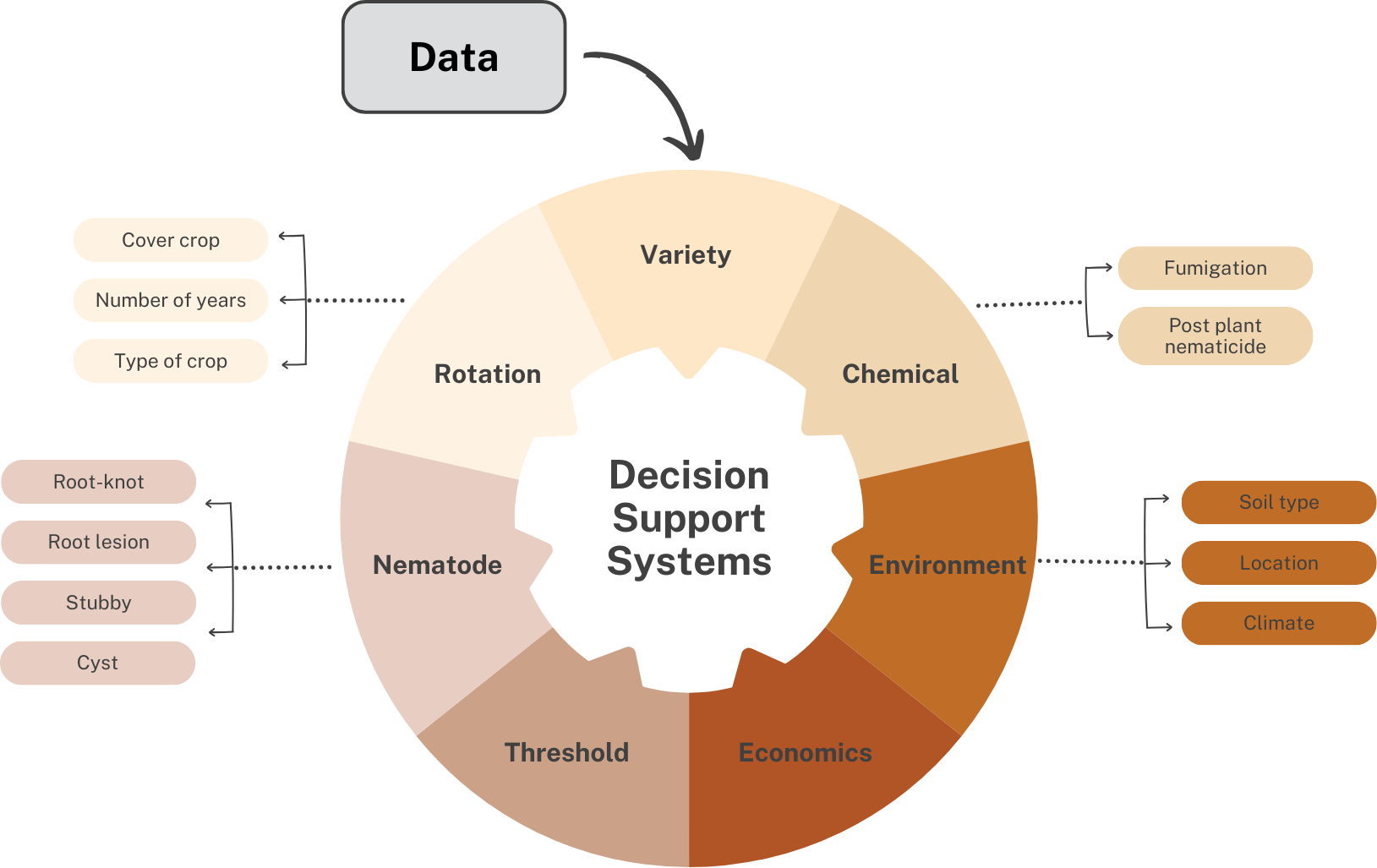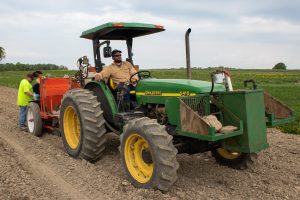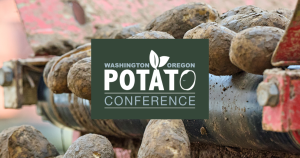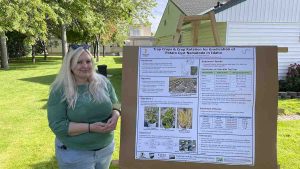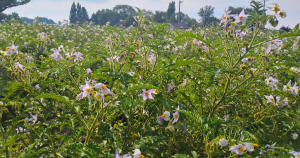Decision Support Systems for Healthier, More Productive Potato Crops
Plant-parasitic nematodes that affect potatoes (cyst, root-knot, lesion, and stubby root) are tiny, microscopic worms in soil. While symptoms vary, these pests can reduce yields, degrade tuber quality, and threaten both domestic and export markets.
While potato nematodes are a relatively common threat, growers have limited options for managing infestations:
- Commercial potato varieties lack resistance to these nematodes
- Fewer nematicide chemistries are available
- Eradication efforts can be difficult and expensive
There’s no one-size-fits-all approach to dealing with nematodes in potato crops—and today’s growers need precise, data-driven strategies to effectively and sustainably combat plant-parasitic nematodes.
Our first goal for this project is to develop a systems approach that farmers can implement to minimize the impact of nematodes on potato production.
Our results will help farmers manage current infestations and prepare for future risk by delivering:
- Diagnostic methods—Quick, accurate molecular tests and field assays that reveal nematode species and population densities.
- Economic thresholds—Information to determine exactly when nematode levels justify intervention, either through resistant varieties or targeted treatments.
- Predictive modeling—Forecasting tools that predict when nematode threats may spike based on soil, crop, and environmental data.
These tools aim to reduce costs, regulatory impacts, and unnecessary chemical use, bringing nematode management into the 21st century.
- Boosting profitability by avoiding unnecessary treatments like fumigants, which can cost upwards of $400–500 per acre without delivering equivalent yield gains.
- Preserving environmental and worker safety by reducing chemical usage and hastening the shift toward sustainable resistance strategies.
- Protecting U.S. market access by ensuring compliance with regulatory limits on nematode spread and pesticide residues.
In the fight against potato nematodes, smart data means stronger crops—and PAPAS is leading the charge on nematode decision support and sustainable solutions.
By conducting multi-state trials across Idaho, New York, Washington, and Michigan, we’re refining decision support tools, testing markers for resistant varieties, and calibrating thresholds for action.
For more insights, tools, and grower resources, explore our website.
